It’s starting to turn into the season to be jolly (or whatever variant you can manage) with the Melbourne Symphony Orchestra doing Messiah – a work which is more solemn and sublime than jolly but you can hardly complain when it is so resounding and grand. Then there’s the Brandenburg Orchestra with its Noël Noël Christmas show at Sydney’s Recital Hall from 9 to 14 December which includes Tommie Andersson’s arrangement of Silent Night (originally Gruber’s Stille Nacht) together with The Little Drummer Boy and – surprise, surprise – the Hallelujah from Handel’s Messiah.
Already a subscriber? Log in
Subscribe for just $2 a week
Try a month of The Spectator Australia absolutely free and without commitment. Not only that but – if you choose to continue – you’ll pay just $2 a week for your first year.
- Unlimited access to spectator.com.au and app
- The weekly edition on the Spectator Australia app
- Spectator podcasts and newsletters
- Full access to spectator.co.uk
Unlock this article
You might disagree with half of it, but you’ll enjoy reading all of it. Try your first month for free, then just $2 a week for the remainder of your first year.

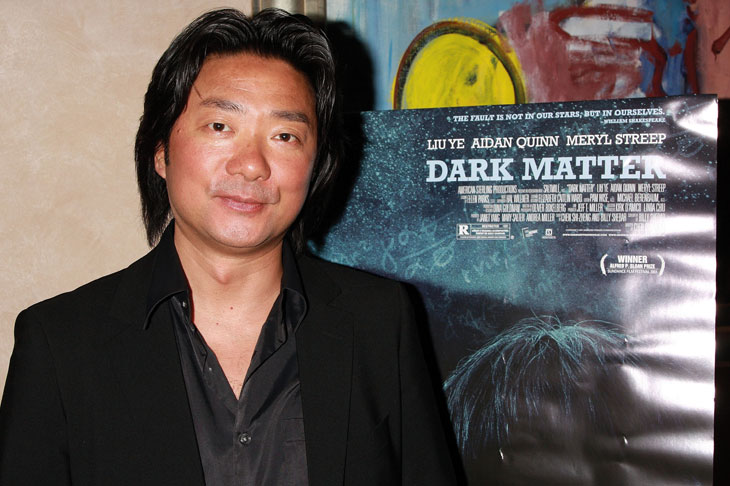
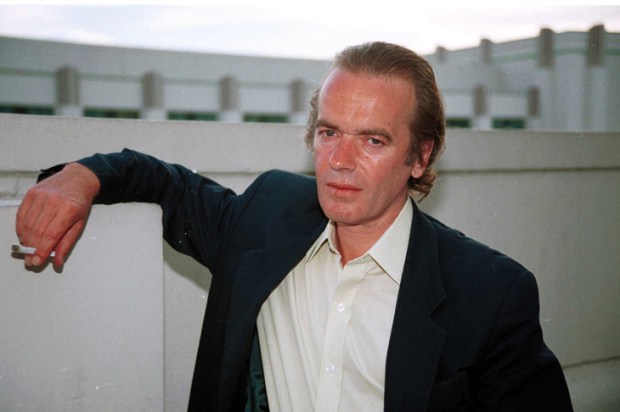
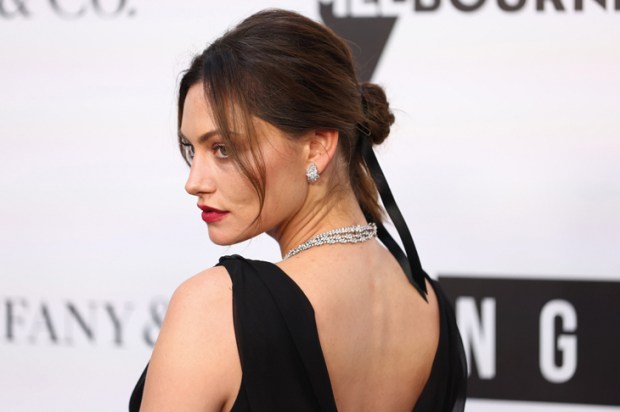
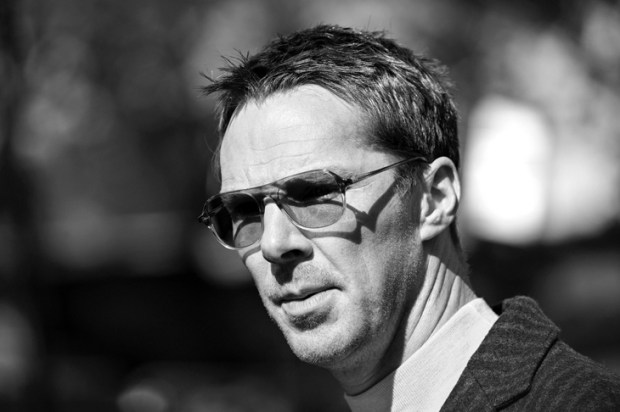
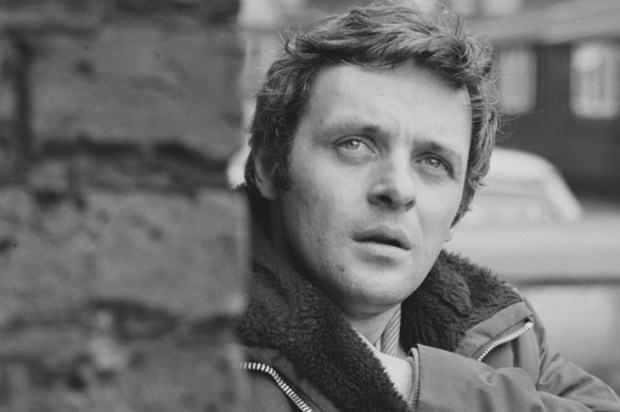
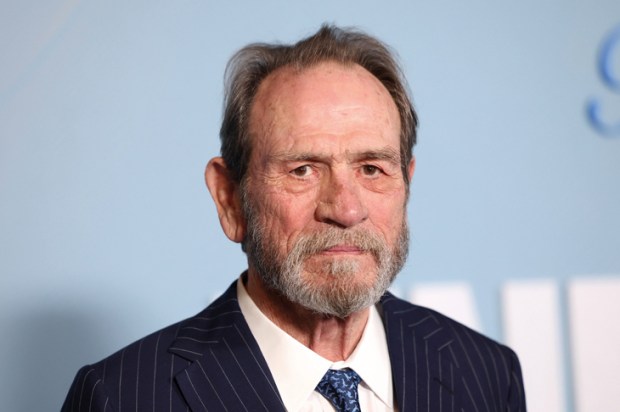
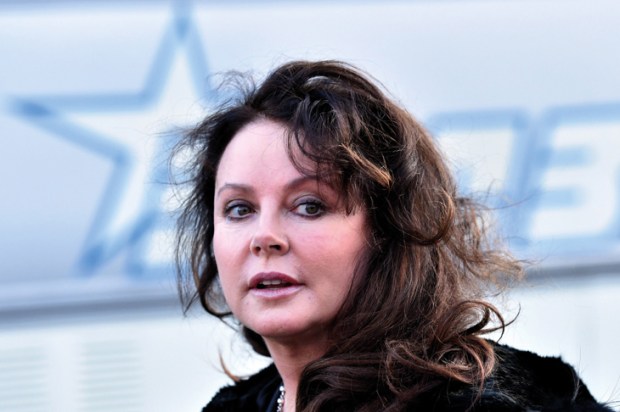






Comments
Don't miss out
Join the conversation with other Spectator Australia readers. Subscribe to leave a comment.
SUBSCRIBEAlready a subscriber? Log in